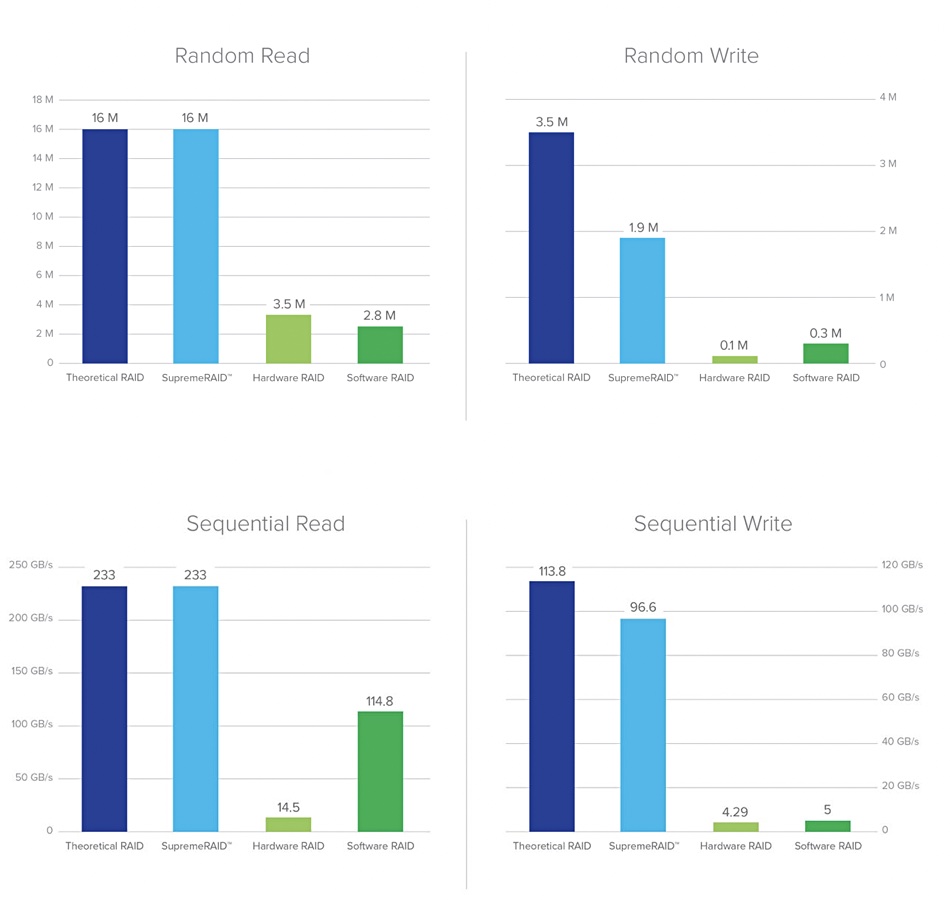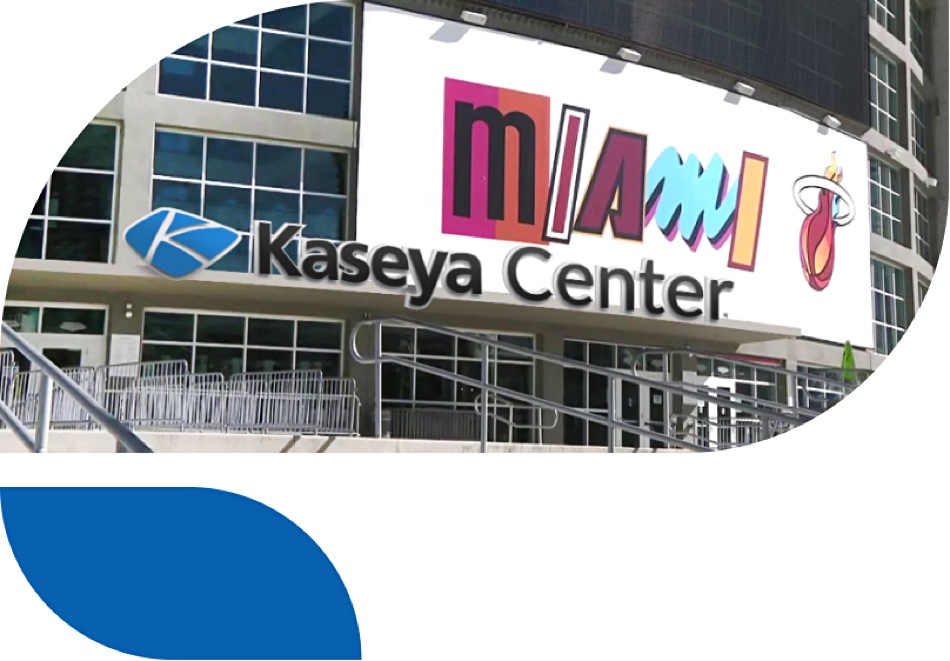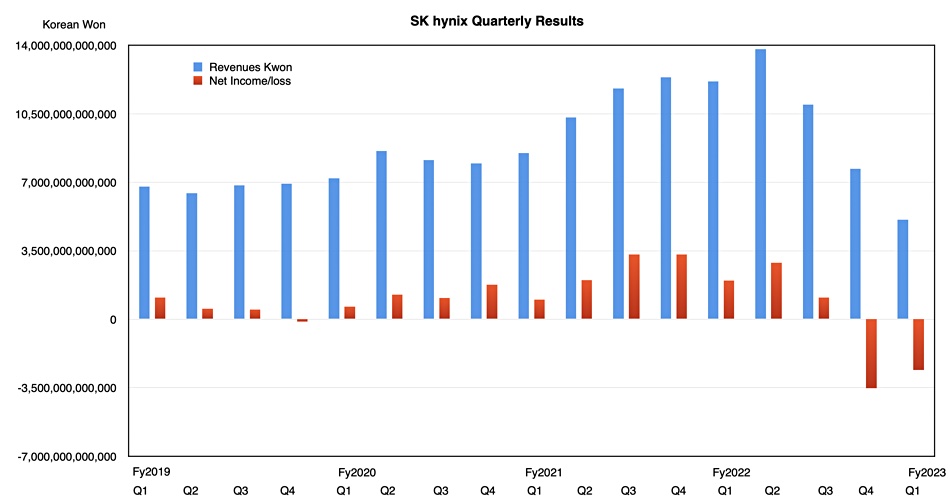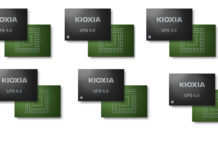
The Active Archive Alliance has announced its 2023 State of the Industry Report: Effective Data Management Through Active Archives. It’s not yet available on the alliance’s website but we have a downloadable copy. It’s basically marketing SSD, disk, optical and tape storage as archive hardware operated by active archive software for file placement. Separately, Swiss Vault with its Vault File System has joined the Active Archive Aliance.
…
Cigent has announced an SSD with built-in ransomware protection. But the drive must be installed as a boot drive in a Windows endpoint system, limiting its usefulness. It has an onboard processor running ML models to check for ransomware access patterns detectable in telemetry data from the drive controller. It operates out of the main SSD data path. The Secure SSD+ drives, as covered by sister site The Register, will have capacities of 480GB, 960GB and 1920GB. Linux support is coming soon.
…
CloudSoda, which supplies an accelerated data movement and storage cost analytics application, announced it has won a NAB Show Product of the Year award. Its storage-agnostic and ecosystem-aware application is built to help companies gain insights into unstructured data by intelligently moving data across tiers and from edge to cloud, optimizing data placement and performance. Its functionality eliminates hidden storage costs, we’re told, making data management more efficient and affordable.
…
SaaS-based data protector Cobalt Iron has been awarded US Patent 11632374 concerning techniques to be implemented in its Compass SaaS backup offering. It will apply ML techniques to device behaviors and health status so that infrastructures and business security controls will become more intelligent over time by learning from past operational outcomes, the documents say. Cobalt Iron’s newly patented ML techniques continually improve authentication controls over time by learning from the results of past controls. The technology, Cobalt Iron says, automatically adjusts authorization controls based on conditions, events, project status, access activities etc. and makes the entire IT infrastructure more secure and intelligent.
…
Startup Fluree has raised $10 million in A-round funding. It has a graph ledger database and data pipeline toolset for trusted, secure data management in the Web3 market. Its graph database technology allows developers to store and manage data in a decentralized format for interoperable data exchange across distributed parties. Fluree will use the new capital to expand its Web3 data platforms and enterprise offerings, enabling digital trust for new applications in verifiable credentials, enterprise blockchain and decentralized data management. The company has raised a total of $16.5 million to date. It closed a $6.5 million seed round in 2019.
…
GRAID is banging the performance drum with a document comparing its RAID5 speed with PCIe gen 5 NVMe SSDs vs alternative hardware RAID cards and also software RAID technology. It says SupremeRAID uses more of the available SSD performance, shown as dark blue bars in the chart below. Up to 97 percent of total SSD performance is wasted when using alternative hardware or software RAID5, we’re told.

…
InfluxData, supplier of the time series analytics database InfluxDB, announced version 3.0, rebuilt on Apache Arrow as a columnar database, with significant gains in performance, high-volume ingestion and compression, real-time querying, and unlimited scale. It also announced InfluxDB 3.0 Clustered and InfluxDB 3.0 Edge to give developers next-gen time series capabilities in a self-managed database. InfluxDB supports metrics, events and traces time series data. Customers can upgrade to InfluxDB 3.0 from 1.X and 2.X and run existing workloads faster and at a lower cost with minimal key changes.
…
Kaseya is sponsoring the Miami Heat basketball sports team as its IT solutions partner, and its stadium has been renamed the Kaseya Center. There was much assistance from the Miami-Dade County administration after the team’s previous sponsorship deal with the now bankrupt FTX collapsed. Kaseya has its headquarters in Miami.

…
Kioxia employees received the Award for Science and Technology from the Commendation for Science and Technology from Japan’s Ministry of Education, Culture, Sports, Science and Technology for their invention of a high-density 3D NAND memory device and its production lines.
…
Komprise has a blog about its new filesystem analytics reporting capabilities, now available from the Reports Tab in Komprise’s Intelligent Data Management software. Some of these require a Deep Analytics subscription. They cover showback reports for data tiering and migrations, orphaned data and more.
…
Memory module producer Netlist has won a long-running multiple LRDIMM patent infringement lawsuit against Samsung, which has been ordered to pay Netlist $303 million by a jury in a Texas court. The case started in 2021. The case is Netlist Inc v. Samsung Electronics Co, US District Court for the Eastern District of Texas, No. 2:21-cv-00463. Netlist has previously won a similar case against SK hynix, netting $40 million and a cross-licensing deal in 2021. We imagine it will hope for a licensing deal offer from Samsung and not an appeal against the judgement. Netlist is also suing Google and Micron for similar reasons.
…
Scale-out filer software supplier Qumulo has announced special effects company MARZ (Monsters Aliens Robots Zombies) is using its File Data Platform for its production-ready Vanity AI system. This enables visual effects (VFX) teams to deliver large volumes of high-end 2D aging, de-aging, cosmetic, wig, and prosthetic fixes, we’re told. The technology is 300 times faster than traditional VFX pipelines with no capacity constraints and a lower cost, according to Qumulo. Instead of taking anywhere from one to five days for a VFX artist to complete a shot, Vanity AI can be used to complete feature-film shots in as little as three minutes. Vanity AI uses Qumulo’s software when running on-premises. It will launch as a publicly available, web-based service later this year. Qumulo software is available on AWS, Azure and GCP.
…
Samsung has been hit by the memory slump. Calendar Q1 revenue for the company was ₩63.75 trillion ($56.1 billion) compared to ₩77.78 trillion ($68.4 billion) a year ago, with net profit of ₩1.57 trillion ($1.38 billion), well down on last year’s ₩11.32 trillion ($9.96 billion). The memory (DRAM+NAND) business saw revenues of ₩8.92 trillion ($7.85 billion), down 56 percent on a year ago. Samsung experienced price declines in its memory business as customers, facing macro-economic concerns, used up their inventories rather than buy new DRAM and NAND chips. In response it’s cutting production in legacy product areas and tuning business mixes. Samsung moved its DRAM business mix up to higher density (more profitable) chips but didn’t ship as much capacity as it hoped (low bit growth). It shipped more NAND bits than it expected by also moving the NAND product mix to high density product. It hopes high-end mobiles, new high-core CPU servers and the need for AI hardware will drive a DRAM demand recovery. Samsung will focus on its V7 (176-layer) and V8 (238-layer) technologies in the NAND market.
…
A Seagate ESG report said it has extended the life of over one million hard disk drives and solid state drives through its refurbishment program in fiscal 2022, preventing 540 metric tons of e-waste from going to landfill. The business is over halfway toward its 2030 goal of powering 100 percent of its global footprint with renewable energy. It has launched an UltraTouch consumer external HDD that is manufactured from 30 percent post-consumer recycled materials by weight and features 100 percent recyclable packaging.
…
Like Samsung, SK hynix had a dreadful first 2023 quarter with weaker memory chip (NAND and DRAM) demand and lower prices. Revenues of ₩5.1 trillion ($3.9 billion) were 58 percent down on a year ago, and it made a loss of ₩2.6 trillion ($1.9 billion) compared to the year-ago ₩1.2 trillion ($912 million) profit.

DRAM revenues were ₩2.95 trillion ($2.24 billion), down 66 percent year-on-year while NAND revenues were ₩1.679 trillion ($1.275 billion) and down 61 percent annually. The company said: “We expect revenues to rebound in the second quarter after bottoming out in the first, driven by a gradual increase in sales volume.” It forecasts an improvement in market conditions from the second half of 2023 after memory inventory levels at customers declined throughout the first quarter. Sk hynix will invest for mass production readiness of 1b nanometer DRAM (the fifth generation of 10nm technology) and 238-layer NAND to support a quick business turnaround once market conditions improve.
…
Betsy Doughty has resigned as VP Corporate Marketing at SpectraLogic after nearly 18 years in the position. We are not yet aware of where she will move to next.
…
Veeam has been ranked #1 global provider for Data Replication & Protection software in IDC’s latest Semiannual Software Tracker for the second half of 2022. Veeam, with a year-over-year growth rate of 8.1 percent, grew faster than the other top five vendors and the overall market average. Its revenue grew 8.4 percent sequentially over the first half of 2022.
…
Zadara has validated a combined offering of its zStorage and the Kasten K10 data management platform providing integrated data protection with backup, disaster recovery (DR) and application mobility for Kubernetes environments.








